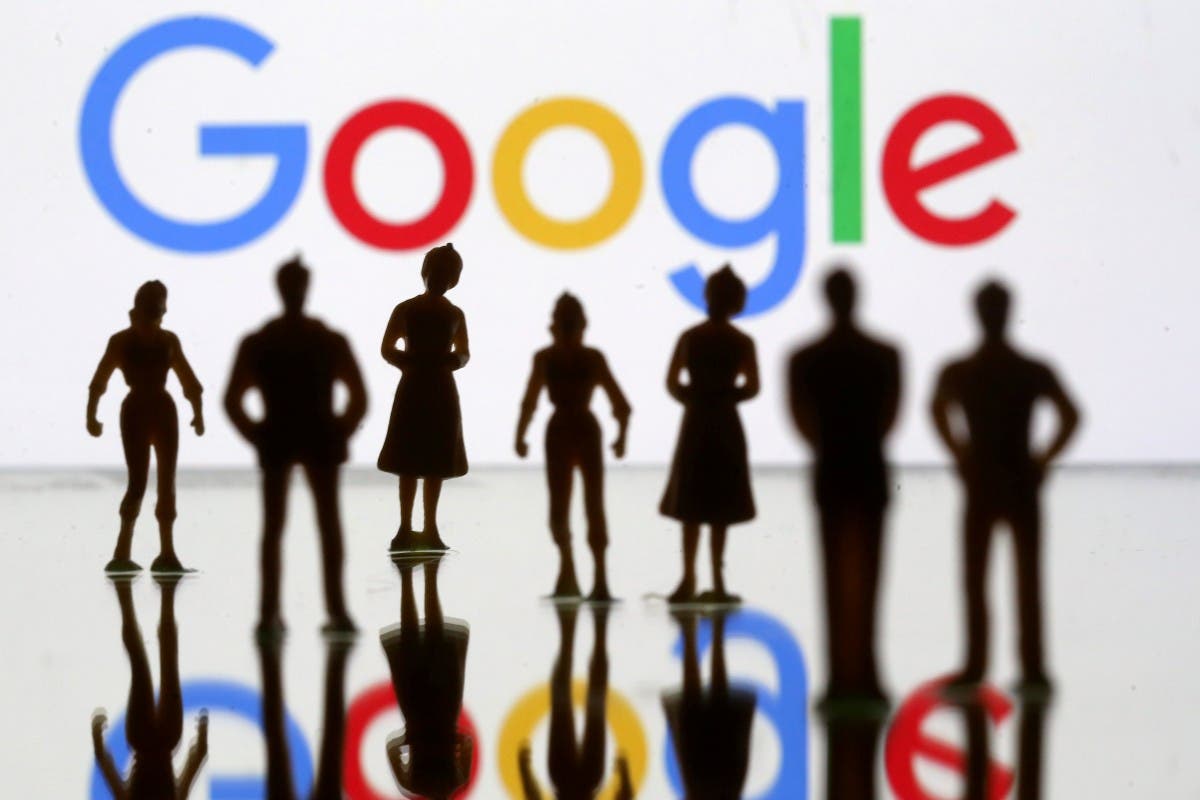
Twitter CEO does not use Google search engine for privacy reasons
by AbdullahTwitter CEO does not use Google search engine for privacy reasons
3 (60%) 2 votes
Apparently, Jack Dorsey is not a fan of the Google search engine. The founder and CEO of Twitter, who is also at the head of the mobile payments company Square – attacked Google in a tweet. “I love @DuckDuckGo. My default search engine for a while now. The app is even better!” He wrote on the social network. DuckDuckGo’s Twitter account replied to Jack Dorsey: “That’s great to hear @jack! Happy to have you on the Duck side” followed by a duck emoji.
Founded in 2008 in the United States, DuckDuckGo is a search engine that gives priority to the privacy of the user. Its slogan is “Privacy, simplified”. It opposes personalized search results and refuses to establish a profile of its users. DuckDuckGo presents itself as an alternative – more privacy-oriented – to Google’s search engine, which sucks up user data to target ads.
Twitter founder Jack Dorsey took aim at Google on Wednesday in a cheeky tweet.
Although DuckDuckDuckGo has a satisfying number of hits in absolute terms, it’s a trifle compared to Google. In this way, it ensures to work to make go back what it judges to be the best results, rather than the most wanted pages. DuckDuckGo is also available as an app on the Google and Apple app stores.
This is not the first time Jack Dorsey has criticized a tech giant in a tweet. Facebook is also often the target of his mockery. Several recent tweets by Jack Dorsey have tackled Mark Zuckerberg’s business, including one earlier this month that made a mockery of his recent logo change from lowercase to uppercase. Dorsey’s tweet was simply: “Twitter … by TWITTER.”
More seriously, Jack Dorsey announced at the end of October that Twitter would ban all political ads on its platform. He did not mention the name of Facebook, but it is clear that it was a follow-up to the controversy surrounding Facebook’s policy of allowing misleading political ads on its platform.